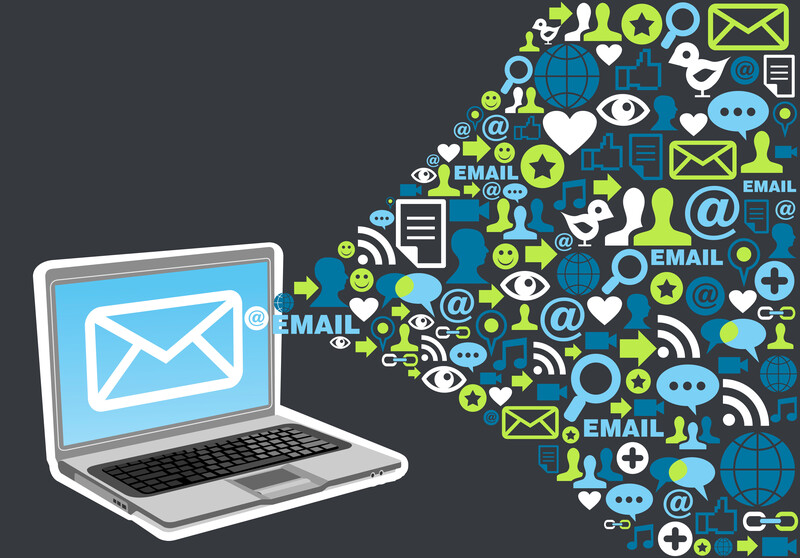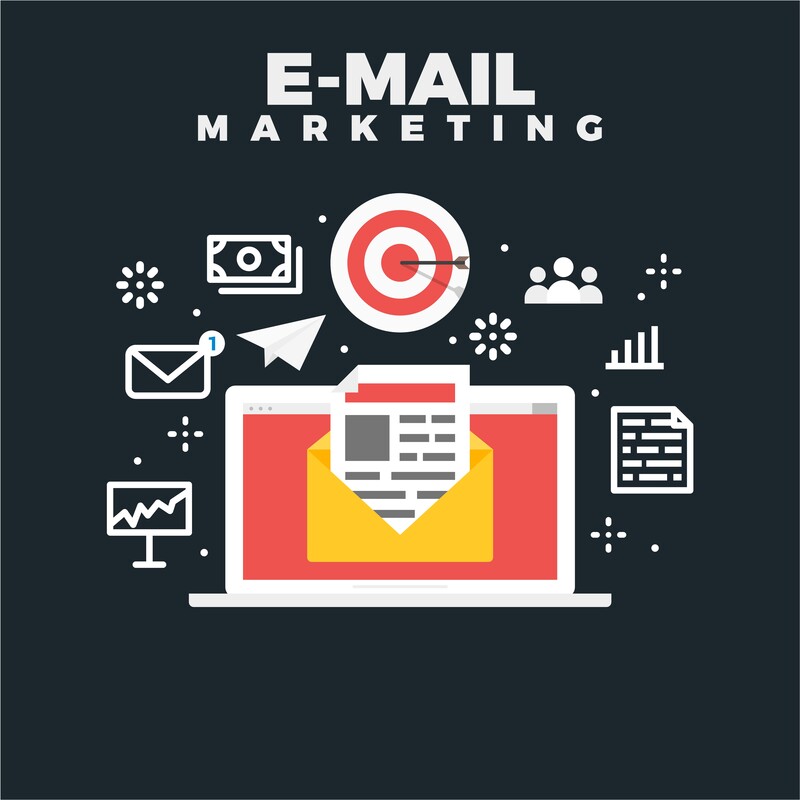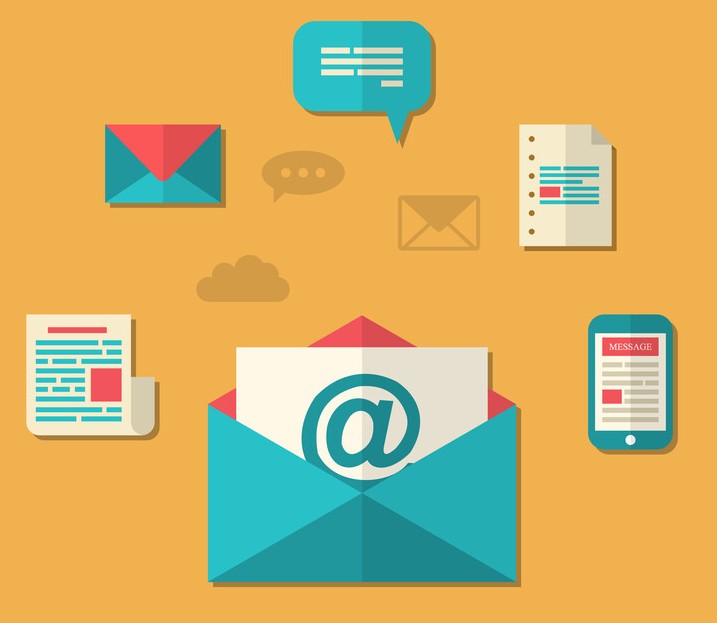After having founded your start up, you’re likely on the lookout for ways to grow your business. One channel that can have a significant impact on your success is email marketing. In this comprehensive beginner’s guide, we’ll delve into why email marketing is essential for startups, how to build an effective strategy, and tips to improve deliverability and engagement. By the end, you’ll be ready to unlock the power of email marketing for your startup’s growth.
Why email marketing is essential for startups
A cost-effective marketing channel
Email marketing is one of the most cost-effective marketing channels available. With minimal investment, you can reach a broad audience and achieve high returns on investment (ROI). For startups operating on tight budgets, this makes email marketing an attractive option for reaching potential customers and nurturing leads.
High engagement rates
Email is a highly personal communication channel where recipients have chosen to receive your messages. This means they’re more likely to engage with your content than other channels like social media or display advertising. With the right strategy in place, email marketing can help you build strong relationships with your audience and drive valuable actions, like making a purchase or signing up for a trial.
Easy to track and measure
One of the key benefits of email marketing is the wealth of data it provides. You can easily track key metrics like open rates, click-through rates, and conversion rates to measure the success of your campaigns. This data allows you to optimize your email marketing strategy continually, ensuring you’re always improving and maximizing your ROI.
Understanding the basics of email marketing
Permission-based marketing
Email marketing should always be permission-based. This means you only send messages to people who have explicitly opted in to receive your emails. Not only is this a legal requirement in many countries, but it’s also essential for building trust and maintaining a positive reputation with your audience.
Segmentation and targeting
To maximize the effectiveness of your email marketing, segment your audience based on factors like demographics, behavior, and engagement. This allows you to send targeted messages that resonate with each group, improving engagement rates and ROI. As a startup, you may not have a large email list yet, but it’s important to start thinking about segmentation from the beginning to set yourself up for success.
A/B testing and optimization
A/B testing is a crucial part of any email marketing strategy. This involves testing different elements of your emails, like subject lines, content, and design, to determine what works best for your audience. By continually testing and optimizing your emails, you can improve engagement rates and drive better results for your startup.
Building an effective email marketing strategy for startups
Define your goals
Before diving into email marketing, it’s essential to establish clear goals for your campaigns. Whether you want to drive sales, increase brand awareness, or nurture leads, having a clear objective will help guide your strategy and ensure your efforts are focused on what matters most for your startup.
Grow your email list
The foundation of any successful email marketing strategy is a robust and engaged email list. Start by encouraging website visitors to sign up for your newsletter or offer gated content in exchange for their email address. Ensure your sign-up forms are easy to find and use, and consider offering incentives like discounts or exclusive content to encourage visitors to subscribe.
Create a content calendar
Consistency is key when it comes to email marketing. Develop a content calendar that outlines the frequency and type of emails you’ll send each month, such as promotional campaigns, newsletters, or lead nurturing sequences. By planning your content in advance, you can ensure you’re providing a mix of valuable, engaging, and promotional content to keep your subscribers engaged.
Choosing the best email marketing tools for startups
Budget-friendly options
As a startup, finding the best email marketing tools for startups within your budget is essential. Look for platforms that offer free or low-cost plans with the features you need, such as list management, email templates, and analytics.
Scalability and flexibility
As your startup grows, your email marketing needs will evolve. Choose a platform that can grow with you and offers the flexibility to adapt to your changing requirements. This might include advanced segmentation, automation features, or integration with other marketing tools.
Ease of use
Your time is valuable, so opt for an email marketing platform that’s easy to use and doesn’t require extensive technical knowledge. Look for platforms with user-friendly interfaces, drag-and-drop editors, and helpful support resources to ensure you can create and send campaigns with ease.
Crafting compelling email content for your startup
Write attention-grabbing subject lines
Your subject line is the first thing recipients see and plays a crucial role in determining whether they’ll open your email or not. Spend time crafting attention-grabbing subject lines that pique curiosity and encourage opens. A/B test different subject line variations to find what resonates best with your audience.
Focus on your audience’s needs
Your email content should always focus on providing value to your subscribers. Address their pain points, offer solutions, and share relevant, helpful content that aligns with their interests. By consistently delivering value, you’ll build trust and loyalty with your audience, making them more likely to engage with your promotional content.
Use clear and concise language
Your subscribers likely receive dozens of emails each day, so make sure your content iseasy to read and digest. Use clear and concise language, avoid jargon or technical terms, and break up your content into short paragraphs or bullet points. This makes it easier for subscribers to scan your email quickly and identify the key takeaways.
Measuring the success of your email marketing campaigns
Key metrics to track
To measure the success of your email marketing campaigns, track key metrics like open rates, click-through rates, and conversion rates. These metrics provide valuable insights into how your audience is engaging with your content and can help you identify areas for improvement. Use A/B testing to optimize your campaigns continually and improve your results over time.
Analyze your data
Data analysis is a crucial part of any successful email marketing strategy. Use the insights you gather from your email marketing metrics to identify patterns, trends, and opportunities. This can help you refine your email content, segment your audience more effectively, and improve your overall strategy.
Continually refine your strategy
Email marketing is not a one-time effort, but an ongoing process of refinement and optimization. Continually refine your strategy based on the data and insights you gather, and never stop testing new ideas and approaches. By continually improving your email marketing efforts, you can maximize your ROI and drive long-term growth for your startup.
Tips for improving email deliverability and engagement
Focus on quality over quantity
When it comes to email marketing, quality always trumps quantity. Focus on growing a high-quality email list of engaged subscribers who are interested in your content and offerings. This will improve your engagement rates and ensure your messages are reaching the right audience.
Use segmentation and personalization
Segmentation and personalization are powerful tools for improving email deliverability and engagement. By sending targeted messages that resonate with each subscriber, you can improve open rates, click-through rates, and conversion rates. Use data like demographics, behavior, and engagement to segment your audience and personalize your messages for better results.
Maintain a positive sender reputation
Your sender reputation plays a critical role in email deliverability. To maintain a positive reputation, only send messages to subscribers who have opted-in to receive your emails, avoid spam triggers like all-caps subject lines or excessive use of exclamation points, and regularly clean your email list to remove inactive subscribers.
Conclusion and next steps for successful email marketing
Email marketing is a powerful tool for startups looking to grow their business. By following the tips and best practices outlined in this guide, you can build an effective email marketing strategy that drives results and maximizes your ROI. Remember to focus on quality over quantity, continually refine your approach based on data and insights, and use segmentation and personalization to improve engagement rates. With the right tools and tactics in place, you can unlock the power of email marketing for your startup’s success.




